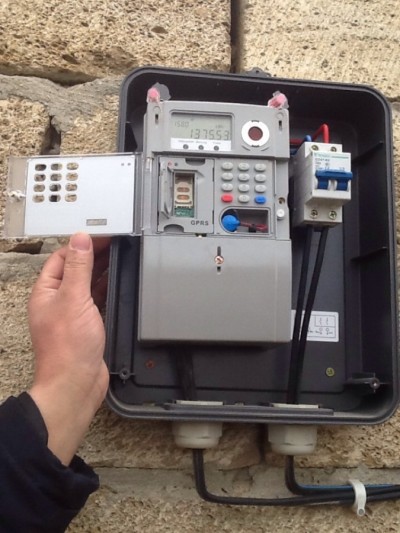News


CATEGORY: Socioeconomic development, Economic Development
LOCATION: North Macedonia
START/END: 2002-2003
CONSULTANCY BUDGET: 1,392,860 €
CLIENT: European Agency for Reconstruction (EAR)
ORIGIN OF FUNDING: CARDS
PARTNERS: CERTH; GHK
LDK’s BUDGET SHARE: 80%
STAFF PROVIDED: 15

Type of Services
Detailed services provided by the task leaders of the project included:
- advising their counterparts on all matters relating to the management and implementation their projects;
- coordination of the activities of the other experts;
- preparation of all technical reports / feasibility studies;
- in-country management of the project.
For the Regional Development Plan component, services included:
- awareness, among local politicians, of regional development in modern post-industrial economies;
- existence of a new "regional" body to take control of the strategic process of plan formulation and implementation;
- a Regional Development Plan for the border region 2002-2007.
For the 3 "infrastructure" project studies, services included:
- a clearly articulated vision of the development under investigation;
- reports which clearly indicate the state of demand for the facilities being proposed;
- technical documents needed to drive forward the projects (planning documents, developer's briefs, development master plans, etc.);
- recommended structures for the management of the development of the projects and subsequently for the operations of the facility;
- a financing proposal for each development.
Finally, for the vocational training project, services included:
- new vocational training courses offered by the region's 5 vocational training schools;
- improved training delivery from staff of the region's 5 vocational training schools.
Description
The project facilitated the development of the border area between Greece and North Macedonia by preparing project studies in five project component areas. The project sought to promote socioeconomic development in the cross-border zone and, through this, to contribute towards raising standards of living in North Macedonia closer to the averages enjoyed in EU member states. The five components of the project were:
- Feasibility Study for the Development of a Technology Park in Bitola: The objective was to clearly show that the development of a technology based initiative in Bitola would make a fundamentally important contribution to the strengthening of the border region economy and the developing contacts between enterprises and institutions in North Macedonia and in Greece, and to assist the authorities in the design and development of such an initiative.
- Pelister Tourism Development Study: The objective was to clearly show that such a development could be justified on economic and financial grounds.
- Feasibility Study for the Gevgelija Free Economic and Industrial Zone: The objective was to clearly show that the development of a Free Zone in Gevgelija could be justified on economic and financial grounds.
- Preparation of a Regional Development Plan for the Border Region: The objective was to produce document which would both become a framework within which development activity in the border region is developed, and provide a strategic basis for the identification of policies to be implemented and actions to be supported. While the production of the document (the Plan) was very important, so was the process for achieving an agreed strategy for the region. This project assisted in the process of bringing together diverse stakeholders in the region and in the creation of new regional development structures to take responsibility for this planning process.
- Improvement of Vocational Training in the Border Region: The project sought to enhance the employment prospects of workers (employed and unemployed) in the cross-border zone through the provision of more relevant and better quality vocational training.





